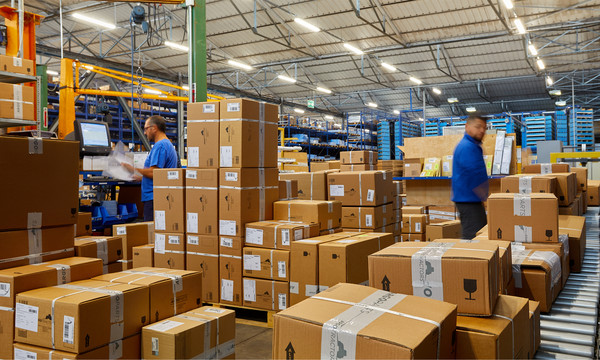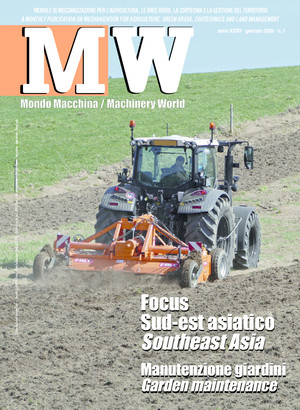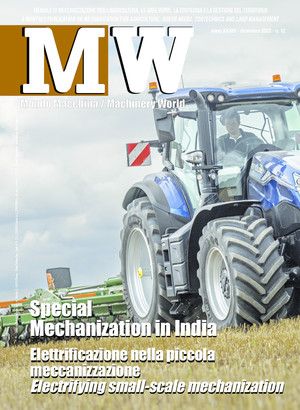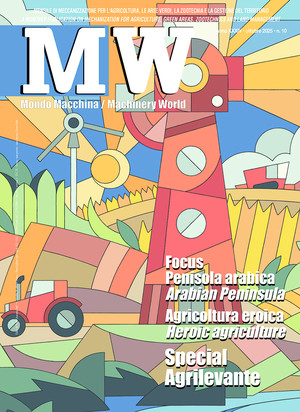
Supplier's declaration, an export tool
The trade benefits with free trade countries are substantial. To date, the European Union has concluded 46 such treaties involving 78 countries. The 'declaration' is a key step in the customs procedure
In the current economic climate, characterised by a strong recovery in exports and the segmentation of industrial processes on an international scale, it is essential for companies with an international vocation to optimise the time and cost of customs operations and to be able to access zero duty in all cases where it is allowed.
Free trade agreements can have a major impact on a company's business strategies and export development. The choice of supply channels for raw materials or the location of production facilities can provide significant economic advantages, allowing the company to benefit from a lower customs tax rate.
As is well known, preferential origin takes the form of preferential treatment, in the form of a reduction or exemption of import duties, granted to products originating in those countries that have concluded a free trade agreement with the European Union. To date, the European Union has concluded 46 free trade treaties involving 78 non-EU countries.
These agreements provide for reciprocal tariff concessions and the conditions for their application in specific origin protocols. In order to benefit from zero duty, the goods must comply with the preferential rules of origin laid down in the text of the agreement and must be accompanied by a proof of preferential origin (Eur 1 or, in cases where the approved or registered exporter is involved, an invoice declaration).
Essential to the correctness of the exporter's proof of preferential origin in Customs is the supplier's declaration.
This declaration, governed by Articles 61 et seq. of Implementing Regulation 2447/2015 (hereinafter IR), certifies, for the benefit of the exporter, the origin of the goods under a preferential arrangement, enabling it to apply for the issuance or to prepare directly a proof of preferential origin.
The declaration, issued by the supplier under its own responsibility, may be included in the invoice or in any other commercial document describing the goods in sufficient detail to enable them to be identified (Art. 61 (2) IR). The declaration may also be provided at a time after delivery of the goods.
EU customs legislation provides for two types of supplier's declaration. In general, a 'separate declaration' must be required for each individual consignment of goods (Art. 61(1) IR). If, however, the supplier regularly sends goods whose characteristics remain constant over time, in terms of preferential origin, to the same buyer, a 'long-term declaration' may be obtained (Art. 62 IR).
This declaration is valid for a maximum of two years from the date of issue (Art. 62(1) IR) and mentions both the date of completion of the declaration (date of issue), the date of commencement of the period of validity (not earlier than 12 months before the date of issue or later than 6 months after that date) and the date of expiry of that period (not later than 24 months after the date of commencement).
In order to verify the accuracy and authenticity of the supplier's declaration, EU customs authorities may ask the exporter to request an information certificate, so-called Inf 4 (Annex 22-02 RE), from its supplier.
At the request of the supplier, the information certificate Inf 4 shall be issued by the customs authorities of the Member State where the supplier's declaration was prepared. The customs authorities shall have the right to call for any additional evidence, to check the supplier's accounts or to carry out any other check considered necessary. The supplier shall keep all the documentary evidence proving the correctness of the declaration drawn up for at least three years.
The Inf 4 certificate shall be issued, within 90 days of receipt of the application by the supplier, by the authorities of the Member State where the supplier is established.
If the exporter does not submit the Inf 4 certificate within one hundred and twenty days from the request of the Authorities, the Customs may apply directly to the Offices of the Member State where the supplier's declaration was drawn up, in order to confirm the origin of the goods concerned for the application of the provisions on preferential trade between the European Union and certain third countries.
If there is no reply within 150 days of the date of the request, or if the reply does not contain sufficient information to determine the origin of the products, the customs authorities of the exporting State shall invalidate the proof of origin established on the basis of the supplier's declaration (Article 66 IR).
The supplier's declaration therefore plays a central role in proving the preferential origin of products.
It should also be noted that the misdeclaration of preferential origin, in the knowledge that the relevant conditions are not met, may result in the exporter's criminal liability. Knowing how to reduce the most common risks of error therefore makes it possible to reduce the risks, increase international competition and strengthen the company's commercial reputation.








